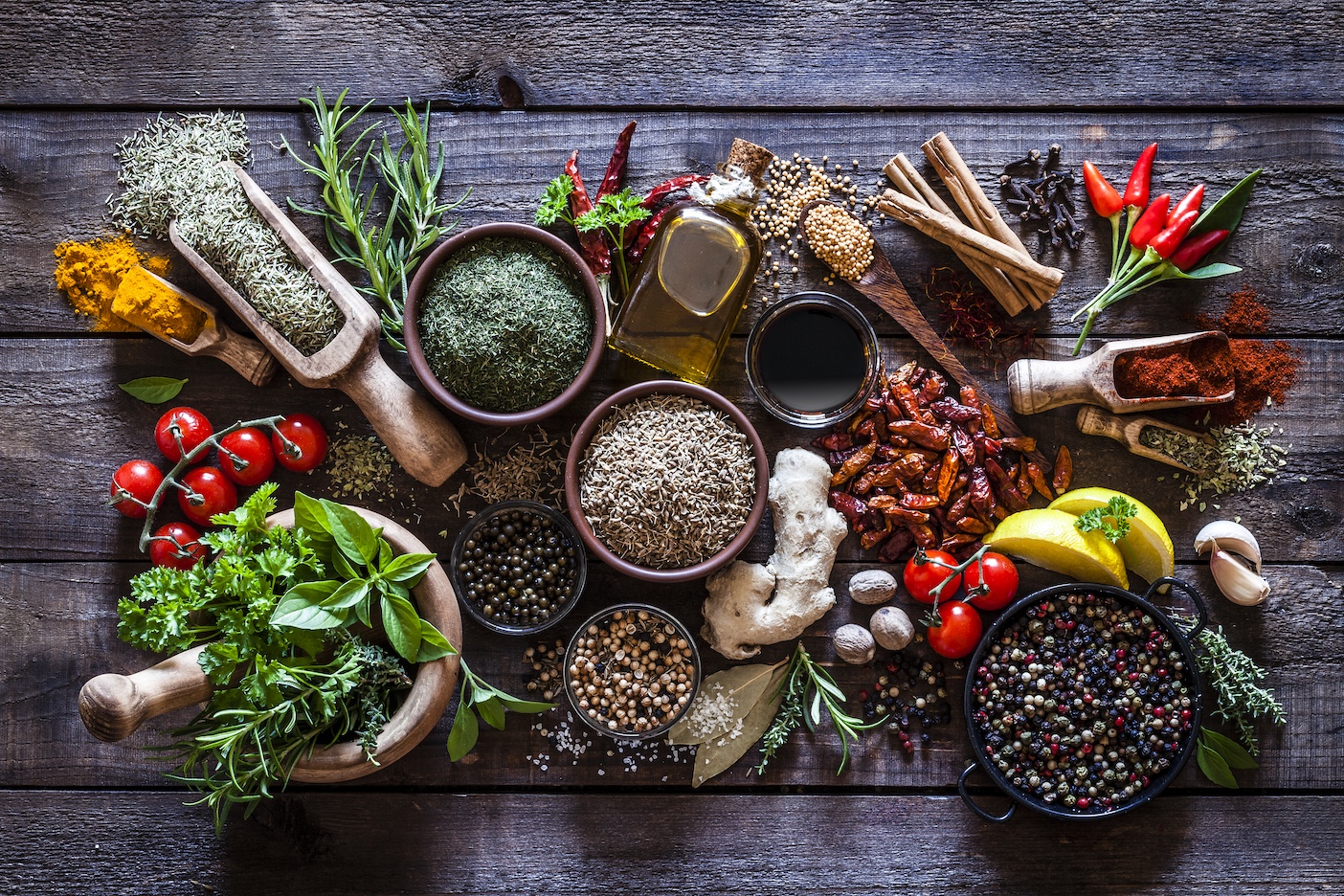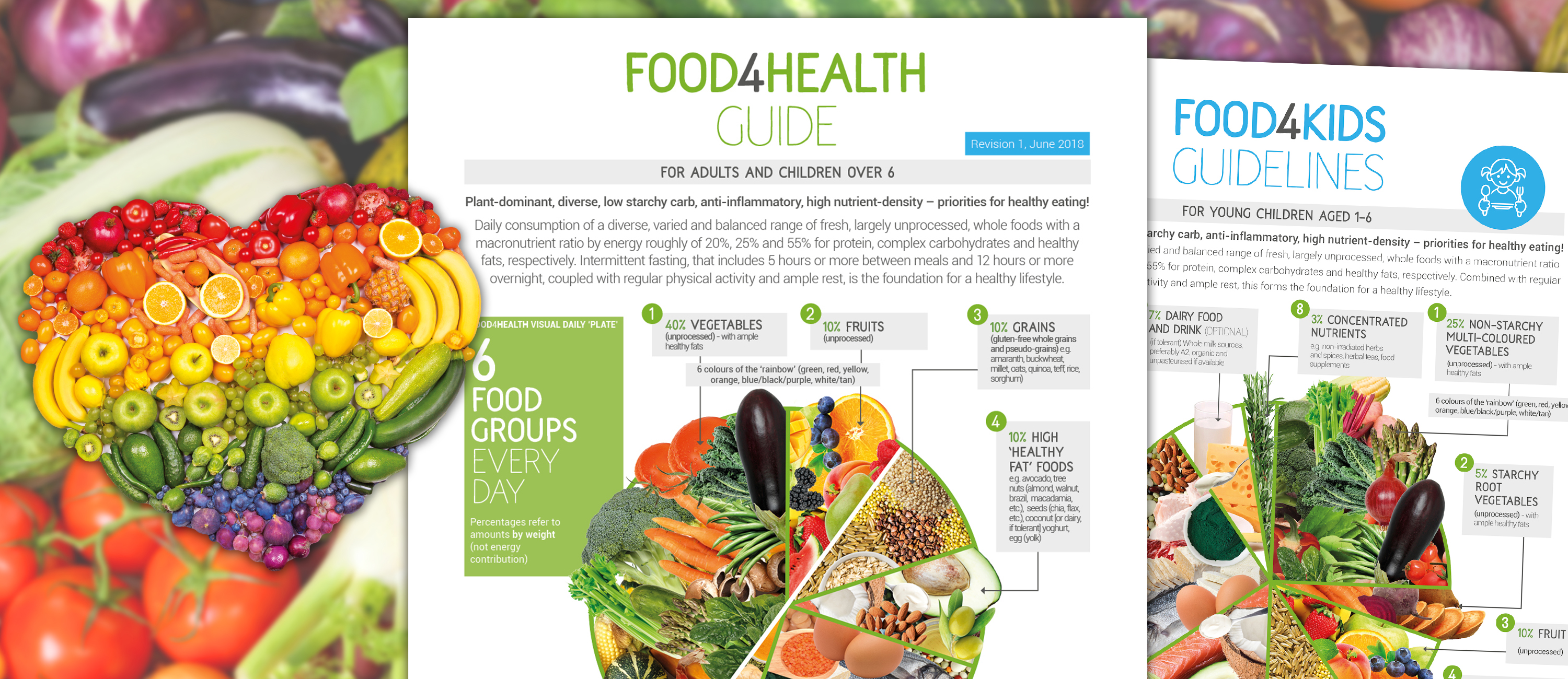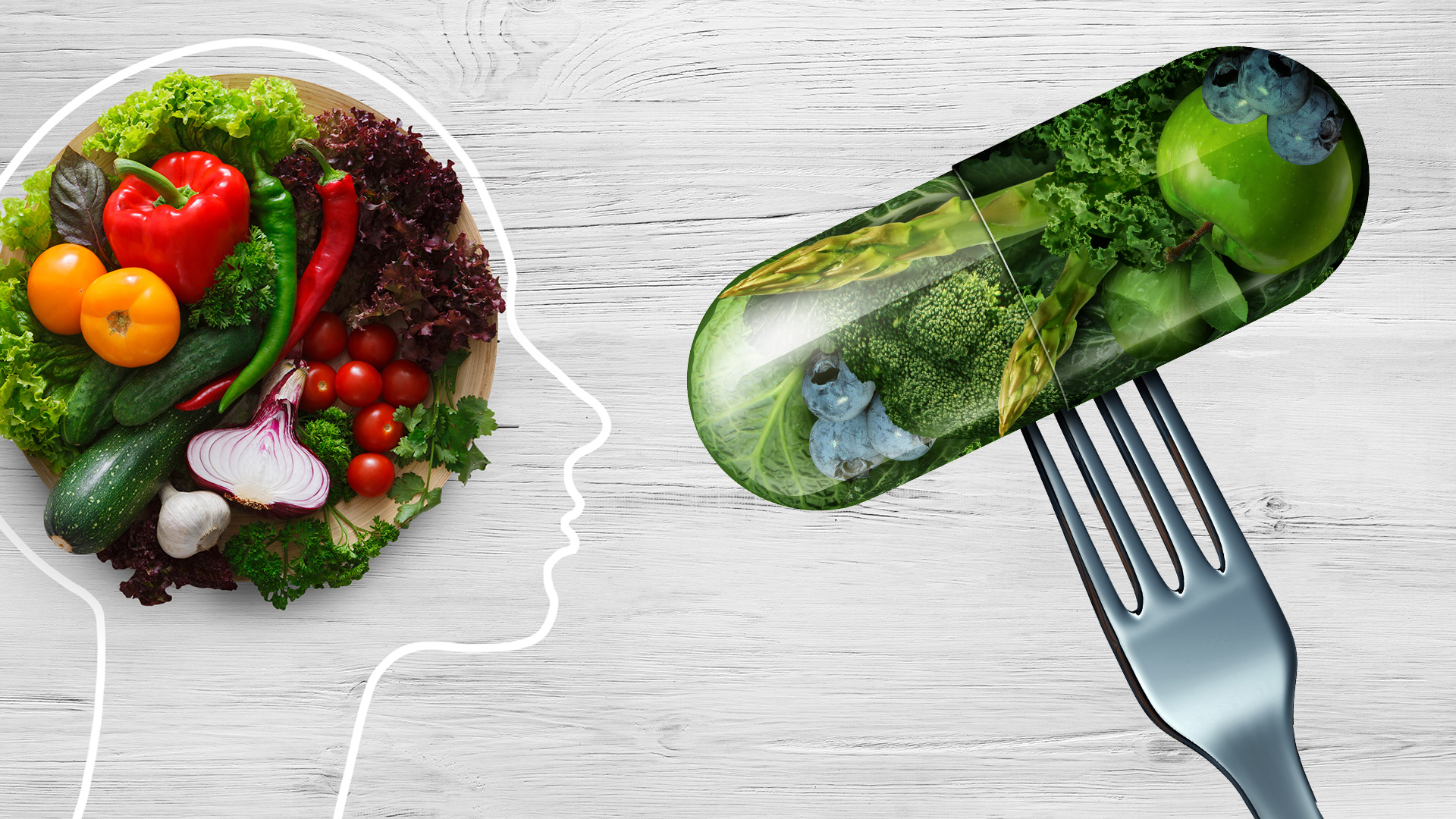Content Sections
As the year gets into gear, many of us, especially in the northern hemisphere, feel the urge to hit reset—shedding the excesses of indulgence and reclaiming vitality. Overindulgence in rich foods, celebratory drinks, and holiday ease often leaves our bodies crying out for a reboot. Enter detoxification—a concept that stirs debate but refuses to fade from the spotlight.
Critics may label detoxing as pseudoscience, but the truth lies in a deeper understanding. By delving into its historical roots, biological mechanisms, and emerging scientific evidence, we uncover detoxification’s critical role in revitalizing health and well-being.
Understanding detox: debunking myths
Detoxification refers to the body’s natural processes of eliminating toxins through organs like the liver, kidneys, skin, and lungs. These systems have evolved over millennia to handle both endogenous (internally produced) and exogenous (environmental) toxins. However, modern lifestyles pose challenges that exceed our ancestors’ experiences. Industrial chemicals, processed foods, sedentary habits, and increased stress contribute to a higher toxic load, necessitating supportive measures.
In the simplest terms, periodic detoxing is a great way of dealing with the accumulation of specific toxins that may not be adequately detoxified and excreted during the course of normal living. Detoxing once a year is almost certainly better than not detoxing at all. But of course, it’s worth recognising that not all forms of detox are created equally, and, as in any field of life, there are lower and higher quality, more and less effective, versions available. When it comes to your selection, get the advice of a good health store, or better still, a qualified and experienced natural health practitioner. The longest standing traditions in healthcare, such as Ayurveda and Traditional Chinese Medicine (TCM), use enhanced detoxification as a central plank to many of their individualised healing protocols.
Many think that the body’s natural detoxification systems work perfectly well without intervention and additional detox practices or interventions are unnecessary. While these assertions highlight valid concerns about exaggerated product claims, they overlook key aspects of biochemistry and clinical evidence.

Why 'detox' is relevant
Advocates of detoxing recognise that modern living places undue stress on our natural detoxification systems. Factors like poor diets, alcohol consumption, sedentary lifestyles, and exposure to pollutants can overwhelm our body’s natural processes. Being less active than we used to be, and consuming fewer plant nutrients that up-regulate natural detoxification pathways, means many suffer additional toxic burdens caused by their chemical load. This can lead to sluggishness, fatigue, anxiety, bad skin and — in the longer-term — to serious diseases like cancer, heart disease, obesity, diabetes and cardiovascular disease.
Biochemically, detoxification occurs in three phases:
- Phase I: Toxins are identified and modified by enzymes, often becoming temporarily more toxic
- Phase II: These intermediates are neutralised through conjugation with molecules like glutathione, making them water-soluble for excretion
- Phase III: The modified toxins are transported out of the body via urine, faeces, or sweat.
Scientific research underscores the importance of dietary components in supporting these processes. Nutrients like sulforaphane (from broccoli), curcumin (from turmeric), and silymarin (from milk thistle), ginger, dandelion, as well as a variety of herbal species (e.g., Rehmannia glutinous, Coptis chinensis (berberine), Schisandra chinensis, Terminalia belerica [‘bibhitaki’]) and supplements (e.g., N-acetyl-cysteine that is a precursor for glutathione), have been shown to support and enhance liver function and promote detoxification naturally. Such findings emphasise that detoxification is not 'snake oil' but grounded in scientifically proven fact.
Historical roots of 'detoxing'
Detoxing is far from a modern fad; it is rooted in ancient medical traditions such as Panchakarma in Ayurvedic medicine, herbalism and Traditional Chinese Medicine, which have respected our body's need to support detoxification for centuries, along with other holistic systems that have long emphasised the importance of cleansing the body. Techniques like fasting and enemas were integral to these practices. Even bloodletting, though controversial, was historically used to restore balance to the body’s humors.
Modern adaptations of these practices are gaining traction. For instance, green coffee enemas stimulate bile production, enhancing liver detoxification. Similarly, saunas and steam baths promote perspiration, aiding toxin elimination. These methods align with both historical wisdom and contemporary science.

Combatting misinformation
Media skepticism often labels detoxing as a marketing ploy. Articles claiming there’s little scientific support for detox programmes, fail to acknowledge the distinction between detoxification as a physiological process and the commercial products that capitalise on the term. While some detox kits lack scientific validity, this does not invalidate the broader concept of supporting the body’s natural detox pathways.
Moreover, critics frequently ignore the role of genetic and environmental factors in detoxification capacity. Genetic polymorphisms can impair enzyme function, making some individuals less efficient at metabolising toxins. Lifestyle factors like poor nutrition and chronic stress further compromise these systems. For such individuals, targeted interventions—including dietary changes, herbal support, and physical activity—can make a tangible difference.
Nature’s detox arsenal
The natural world offers an abundance of detoxifying agents:
- Cruciferous vegetables (broccoli, kale): Rich in sulforaphane, they enhance Phase II detoxification
- Turmeric and ginger: Contain anti-inflammatory compounds that support liver function
- Milk thistle: Known for its silymarin content, protects and regenerates liver cells
- Dandelion and liquorice root: Promote bile flow and improve digestion
- N-acetyl-cysteine (NAC): A precursor to glutathione, a master antioxidant involved in toxin neutralisation.
Incorporating these foods and supplements into a balanced diet can bolster the body’s ability to detoxify effectively.
Practical tips for detox success
A successful detox doesn’t always require expensive kits or drastic measures. Instead, small, sustainable changes can yield significant benefits over time:
- Start the Day Right: Have a glass of hot water and fresh lemon juice after waking. Prioritise protein, healthy fats, and greens at breakfast to stabilise blood sugar and curb cravings
- Adopt Intermittent Fasting: Limit meals to two a day with five-hour snack-free windows to reduce digestive strain and finish eating as early as possible in the evening and definitely before 9 pm
- Stay Active: Combat 'boa constrictor behaviour' by incorporating daily movement—walking, resistance training, HIIT, house and garden activity—into your routine
- Hydrate Wisely: Drink plenty of clean, fresh, filtered water to support kidney function and toxin elimination
- Focus on Whole Foods: Opt for minimally processed foods rich in fibre, antioxidants, and phytochemicals
- Manage Stress: Practice deep breathing, meditation, or yoga to lower cortisol levels and support hormonal balance.

Support detox functions beyond January
While the start of a new year provides a convenient jump off point, detoxing should not be relegated to a seasonal activity. Integrating detox-friendly habits into daily life ensures ongoing support for the body’s natural processes. This holistic approach—combining nutrition, exercise, and mindfulness—promotes long-term health and resilience.
A balanced perspective
Detox in't a panacea for existing health challenges, nor is it a replacement for medical treatment. However, dismissing it outright disregards centuries of traditional knowledge and a growing body of scientific evidence. By embracing a balanced view, we can leverage the best of both worlds: the wisdom of ancient practices and the rigour of modern science.
As we move forward into 2025, let’s resolve to listen to our body, honour its needs, and support its natural rhythms. Detoxing, when approached responsibly, offers a pathway to renewed vitality and well-being, as well as an anti-ageing and longevity strategy.
>>> If you’re not already signed up for the ANH International weekly newsletter, sign up for free now using the SUBSCRIBE button at the top of our website – or better still – become a Pathfinder member and join the ANH-Intl tribe to enjoy benefits unique to our members.
>> Feel free to republish - just follow our Alliance for Natural Health International Re-publishing Guidelines
>>> Return to ANH International homepage








Comments
your voice counts
There are currently no comments on this post.
Your voice counts
We welcome your comments and are very interested in your point of view, but we ask that you keep them relevant to the article, that they be civil and without commercial links. All comments are moderated prior to being published. We reserve the right to edit or not publish comments that we consider abusive or offensive.
There is extra content here from a third party provider. You will be unable to see this content unless you agree to allow Content Cookies. Cookie Preferences